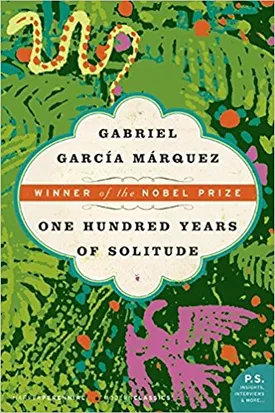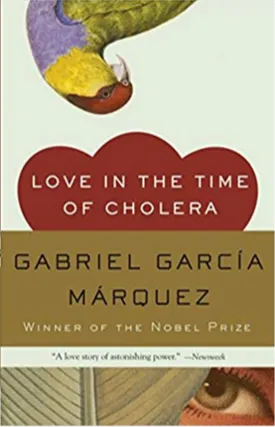Gabriel García Márquez
Gabriel García Márquez is widely considered to be one of the most influential authors of the 20th century. He is best known for his novel One Hundred Years of Solitude, which has become a seminal work of magic realism and Latin American literature. García Márquez's career spanned more than five decades and his works were strongly informed by his upbringing in Colombia, the backdrop of the Colombian Civil War, and his reflections on the political and social context of Latin America.
García Márquez was born in Aracataca, Colombia, in 1928. After World War II, García Márquez began to write for a variety of newspapers and magazines, eventually earning a degree in journalism from the National University of Colombia. He also studied law for a short time before moving to Europe with his wife Mercedes Barcha to pursue a career in writing.
García Márquez started out as a journalist but this eventually gave way to short stories and novels, many of which have now been translated into numerous languages. Much of his work was drawn from personal experiences and his vivid imagination. García Márquez was a master of using the supernatural, fantasy, and dreamlike elements to explore his idea of magical realism, or the way in which the fantastic is represented in everyday life.
Some of his most famous works include Leaf Storm (1955), No One Writes to the Colonel (1961), One Hundred Years of Solitude (1967), and Love in the Time of Cholera (1985). One Hundred Years of Solitude is arguably the most important work of García Márquez’s career. The novel follows seven generations of a Colombian family living in the fictional town of Macondo. It is a sweeping, epic tale of love, family loyalty and betrayal, violence, poverty, and politics.
García Márquez was frequently political in his writing, engaging with history, Latin American identity and the legacy of colonialism. His works often provide a critical commentary on the inequalities wrought by capitalism and government corruption, as well as examining the history of his beloved home country.
The author received numerous awards over the course of his career. He won the Nobel Prize in 1982 for Literature, becoming the first Colombian and fourth Latin American writer to receive the award.
García Márquez died in 2014 at the age of 87 after a long battle with cancer. His writing continues to be celebrated around the world as some of the most important Spanish-language literature. His stories and novels speak of collective memory, timelessness, and fantasy and are a testament to his prodigious talent.


